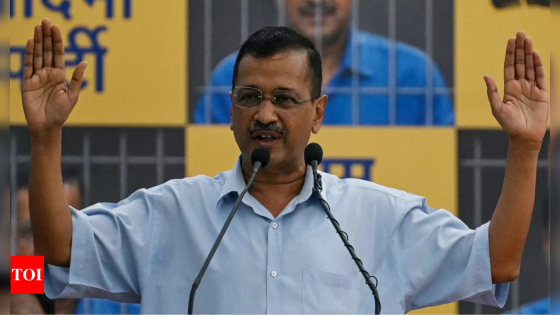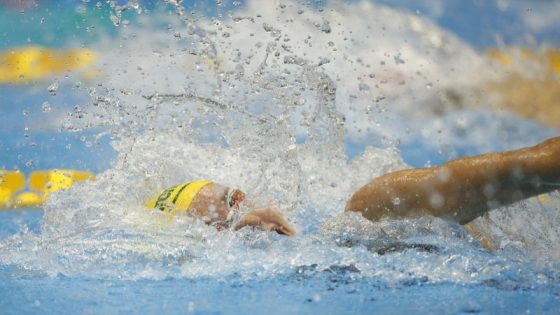NEW DELHI: The Delhi high court will pronounce a verdict on ED’s plea seeking a stay on the bail granted to chief minister Arvind Kejriwal in the Excise Policy money laundering case on Tuesday. The ED on Monday submitted written arguments to the high court, opposing any relief for Kejriwal and labeling the trial court’s bail order as illegal and perverse.
According to the ED, the trial court’s vacation judge made erroneous findings in nearly every paragraph of the order, both factually and legally, without properly examining the evidence presented by the prosecution. The agency further contended that the vacation judge failed to consider new material collected against Kejriwal after 2023, including statements from 13 Angariyas, Goa AAP workers and AAP office bearers. The ED argued before the Delhi high court that denying them sufficient opportunity violates one of the conditions outlined in Section 45.
On June 20, the trial judge granted bail to Kejriwal in the money laundering case, prompting the ED to file an urgent petition with the High Court the following day, challenging the bail order.
The high court extensively heard both parties, reserved its orders on the ED’s application to stay the bail order, and postponed Kejriwal’s release until the pronouncement of its order.
The matter was then brought before the Supreme Court on Monday, which adjourned until June 26 Kejriwal’s plea challenging the Delhi High Court’s interim stay on his bail in the ED-investigated Delhi excise policy case.
The Supreme Court’s vacation bench, consisting of Justices Manoj Misra and SVN Bhatti, noted that the high court’s decision to grant an interim stay on Kejriwal’s bail without issuing a final order was “unusual.” The bench said, “In stay matters, judgments are not reserved but passed on the spot. What has happened here is unusual. We will have it (case before it) day after.”
According to the ED, the trial court’s vacation judge made erroneous findings in nearly every paragraph of the order, both factually and legally, without properly examining the evidence presented by the prosecution. The agency further contended that the vacation judge failed to consider new material collected against Kejriwal after 2023, including statements from 13 Angariyas, Goa AAP workers and AAP office bearers. The ED argued before the Delhi high court that denying them sufficient opportunity violates one of the conditions outlined in Section 45.
On June 20, the trial judge granted bail to Kejriwal in the money laundering case, prompting the ED to file an urgent petition with the High Court the following day, challenging the bail order.
The high court extensively heard both parties, reserved its orders on the ED’s application to stay the bail order, and postponed Kejriwal’s release until the pronouncement of its order.
The matter was then brought before the Supreme Court on Monday, which adjourned until June 26 Kejriwal’s plea challenging the Delhi High Court’s interim stay on his bail in the ED-investigated Delhi excise policy case.
The Supreme Court’s vacation bench, consisting of Justices Manoj Misra and SVN Bhatti, noted that the high court’s decision to grant an interim stay on Kejriwal’s bail without issuing a final order was “unusual.” The bench said, “In stay matters, judgments are not reserved but passed on the spot. What has happened here is unusual. We will have it (case before it) day after.”
Source Agencies




